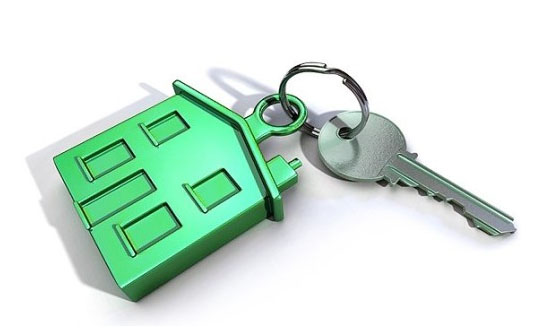Ипотека
If you really liked the object, but there is not enough money or they are in circulation, then perhaps you should think about buying a property on credit.
I would like to note that, despite low loan interest, obtaining a loan in Italy is a very complex and lengthy process. Many banks after the crisis have largely revised their policies, and getting a loan is becoming more and more difficult even for Italians themselves. The control and the number of requested documents / guarantees have increased. Statistics say that at the moment only in 50-60% of cases it is possible to get a loan, if we are talking about residents. As for foreign citizens, this issue will be decided on an individual basis, and not every bank will undertake to consider such a request.
There is an opinion that mortgage loans are not issued at all to citizens who do not have a residence permit. This is not true. The key role here is played by the opportunity to convince the bank of the solvency of the client and the “purity” of his capital. It is easy enough for residents to check the guarantees provided to the bank, whether it be work, inheritance, their own company or deposits. In the case of foreign citizens, especially from countries outside the EU zone, this causes serious difficulties. Therefore, there are higher requirements for assessing solvency and proof of income. In addition, the purchased property itself is more strictly assessed.

General information about a mortgage transaction in Italy:
— The mortgage deal in Italy is called «Mutuo Fondiario.»
— Fixed interest rate from 3.6 — 7.5% (loan interest remains unchanged throughout the entire payment period)
— The floating interest rate is from 2.8-3.5% (the rate will be calculated / changed from year to year and will depend on the parameters previously agreed upon in the contract: inflation, loan cost, etc.)
— There is also a mixed loan interest. Used when the borrower is not completely sure which type of interest rate suits him best. In such cases, a floating or fixed rate is fixed for a certain period with the ability to change the type of rate at the expiration of the period on certain conditions specified in the contract.
— loan term — from 5 to 30 years (considering the fact that the mortgage must be paid by the borrower before he reaches 80 years)
— There are no formal minimum amounts for obtaining a mortgage loan, but Italian banks believe that when working with non-residents, a request for a mortgage loan should be at least € 150,000.00.
— The maximum loan amounts also practically do not exist and they depend on the degree of solvency of the borrower.
— Borrowed funds can be obtained up to 70% of the amount of the property. In addition, at the time of the request, your account should already have an amount in the amount of the remaining 30%;
— as a rule, monthly payments should not exceed 35% of monthly income;
— It doesn’t work to overstate the loan amount, as each bank has its own independent appraiser.

To submit an application for consideration to any bank, it is necessary to prepare the following documents:
copy of passport with valid Italian visa,
identification number of a foreign buyer, which you need in any case to complete a sales contract;
bank statement in a Russian or other bank, confirming the regular receipt of funds, and most importantly, at the time of issuing the account there should be a sum of money in the amount of the remaining 30% of the value of the object you have chosen.
The most important thing is to provide the bank with comprehensive information about the permanent source of income. And the more guarantees you can provide, the better. The most welcome job is a regular wage contract, it is better if in the country where the property is purchased. You can also use existing property or a portfolio of securities as guarantees. For private entrepreneurs, it will be necessary to provide a declaration of income for the previous year.
As guarantees, you can also provide:
documents confirming the timely payment of taxes,
information on payments on previous loans, alimony, etc.
the bank may ask for a family certificate, birth certificate or driver’s license.
It is important to understand that the package of documents requested by the bank is purely individual and may vary from case to case, from bank to bank, the amount of the loan and many other nuances. In addition, banks themselves change their policies quite often. That is why, you should resort to the practice often used by the Italians themselves — namely, the help of a specialist in this sector. Such a so-called An “external consultant” will undertake the services of analyzing all the conditions of various banks at the moment, preparing a dossier. It will be he who will negotiate with the bank and will be able to properly introduce the client to the banker. In this case, the probability of obtaining a loan increases significantly.
The entire package of documents must be translated into Italian or English and notarized. The term for a decision to issue a loan in Italian banks is about two weeks, but there are no strict rules, everything is quite individual.

